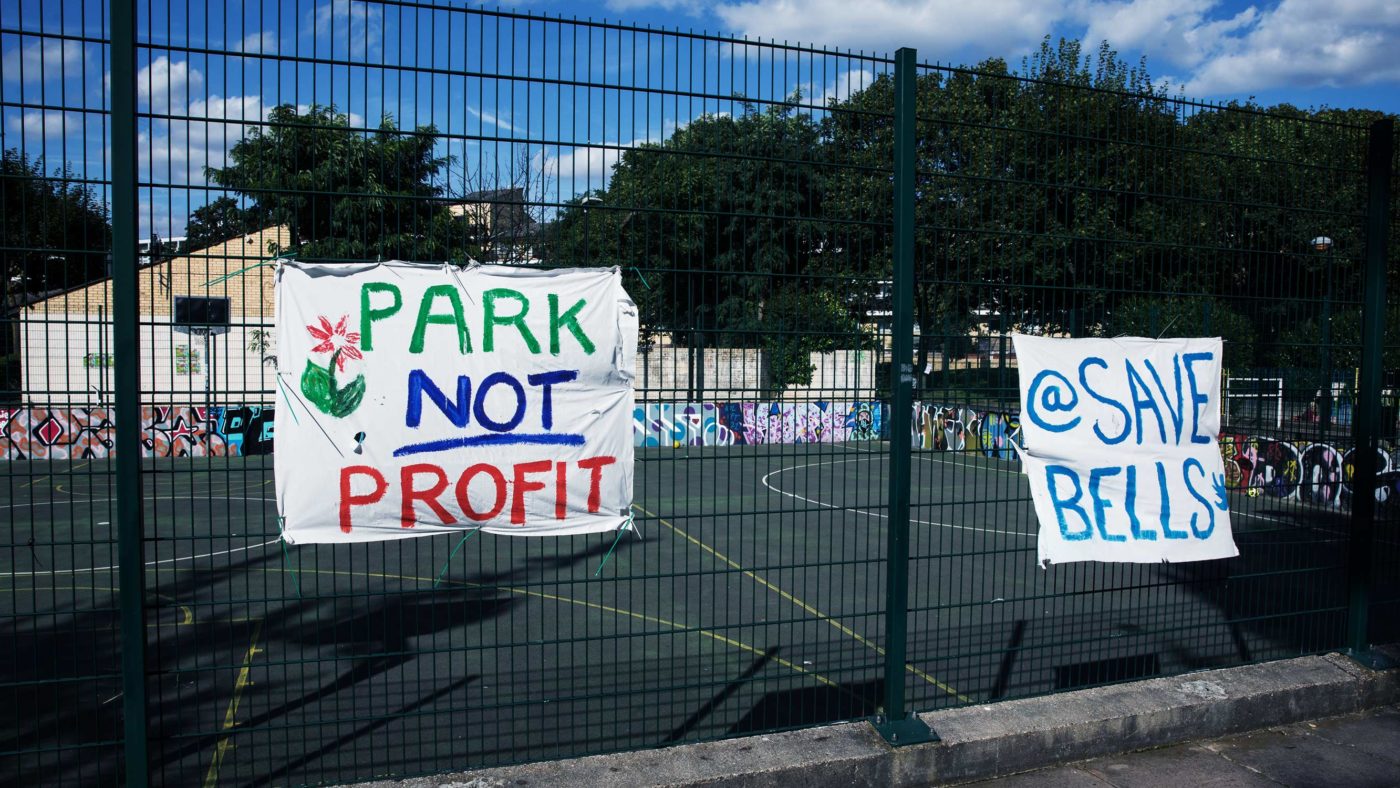If you ever believed this government would clear up the decades-long car-crash of British planning, this week’s Tory conference will have destroyed any lingering illusions.
Boris Johnson’s speech paid lip service to the idea of home ownership, while decisively stamping down on the kind of radicalism needed to actually achieve it. In a phrase plucked from a Campaign to Protect Rural England press release, the Prime Minister said development must now focus not on ‘green fields’, but ‘on brownfield sites in places where homes make sense’.
Cheered by such signals from the top, some Conservative backbenchers are not only insisting that the new Planning Bill has a ‘brownfield only’ clause for new homes, but that councils actually withdraw hundreds of thousands of existing planning permissions. After all, if you’re an MP scared of a constituency backlash, then ‘where homes make sense’ means only one thing – somewhere else.
Even more dispiritingly, Michael Gove, the minister in charge of housing, has apparently become a convert to the work of economist Ian Mulheirn, whose big idea is that lack of supply only accounts for 15% or so of the massive increase in house prices we’ve seen in the last few decades.
The fact that many economists strongly disagree with that view (see here for a brisk explainer) is actually beside the point. The ‘value’ of Mulheirn’s work to the current crop of neo-Nimbys isn’t whether it’s accurate or not, but that it offers a vaguely plausible intellectual fig leaf for a position they have already decided is a political necessity.
The same tendency to retrofit arguments to one’s pre-existing view is also a pronounced feature of local housing battles. Hence you get campaigners opposing a block of flats in a Tube station car park, precisely the kind of place we need new homes. Or there’s the Labour MP in an inner London seat arguing that a few extra storeys on a brownfield high rise would scar the local landscape. Or Conservative MP Theresa Villiers, (majority c. 1200) arguing that housing targets should be reduced in the south-east, the region of the UK most in need of new homes.
And just look at the furious response to Prince Charles’ plans for a 2,500 home developmentin the Kent town of Faversham. His proposals answer the usual development criticisms: they are aesthetically pleasing homes, designed around pedestrians and not cars, with lots of lovely new amenities for residents. They are also on fairly unremarkable, scrubby land that backs on to a motorway. If you wanted an example of how to build well on a greenfield site, this would be it – and still the howls of outrage come.
Perhaps the biggest mistake in this whole area is to confuse the vocal anti-housing activists with broader public opinion. Our editor-in-chief notes here that voters are, on the whole, well disposed both to building more housing and, in fact, prepared for house prices to fall as a result. Even among Tory voters, views are not nearly as clear-cut as you might imagine from the statements made by certain MPs.
More to the point though, politics cannot outrun economics forever. Bad housing outcomes underpin all of our most severe economic problems, eating up incomes, forcing people ever further from their jobs and dampening down our miserable productivity. No matter how much rhetorical gloss he puts on things, Johnson can’t ‘level up’ or have his high-wage, high productivity economy without planning reform. And ultimately, if we don’t sort this out now, with an 80-odd Conservative majority, when will we?
Click here to subscribe to our daily briefing – the best pieces from CapX and across the web.
CapX depends on the generosity of its readers. If you value what we do, please consider making a donation.


